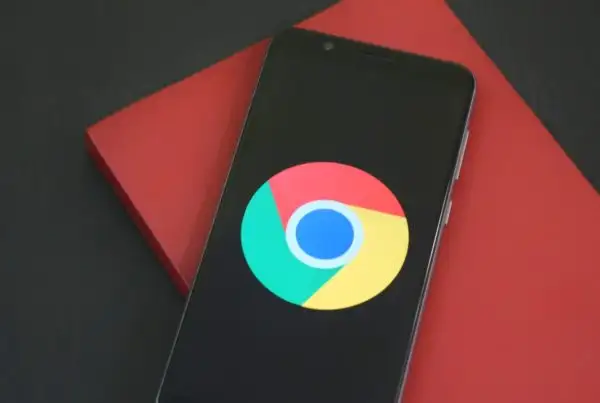Facebook announced a number of new features at the f8 conference last week. While most of them are very good and improve the overall experience, users need to be very careful with the new auto-share feature.
This new feature makes sharing what one does on the web, a lot easier than it was – so much so, that in some cases sharing could become automatic. In the past, a user had to ‘Like’ something in order to share it with others.
Now users just have to click ‘Add to Timeline’ once on any app or website. Thereafter, every article the user reads is automatically published, unless the user remembers to actively turn off the auto-share feature.
While this simplifies the process of sharing things, it is also possible that a user might leaves this feature on and forget about it. If that were to happen, all activity on that website could gets shared with others.
Automatic sharing of a one’s online activity could easily lead to embarrassing situations where friends and family suddenly start seeing updates about views of certain not-safe-for-work articles or photos that one would not normally want to be publicised.
Auto-sharing music listened to on Spotify
This new auto-sharing feature is called Gestures. The concept is not entirely new on the web. The Huffington Post and Washington Post Social Reader have similar features. Once a user joins these sites, every article read is automatically published, unless the user remembers to actively turn off the auto-share feature.
However, considering the fact that Facebook is far more popular than the Huffington Post or the Washington Post Social reader, the possibility for doing damage to someone’s reputation is considerably higher.
This is not actually a violation of user privacy as the controls lie in the hands of the user at all times. Users must be careful to remember to switch off the auto-share feature, once they have finished sharing whatever it is they wanted to share with their friends.
According to CEO Mark Zuckerberg, this is a way of ‘telling the story of your life’ as it relies heavily on sharing everything you’ve done. The new Timeline is similar to a regular Facebook wall, but it dates back to the earliest details added online by you.










